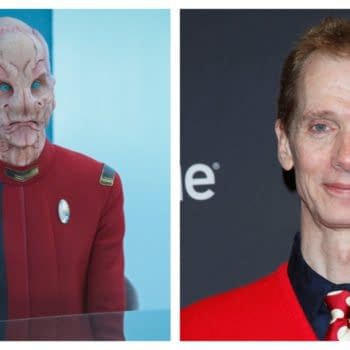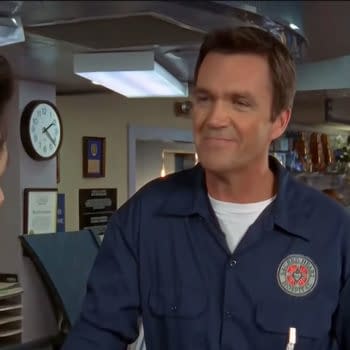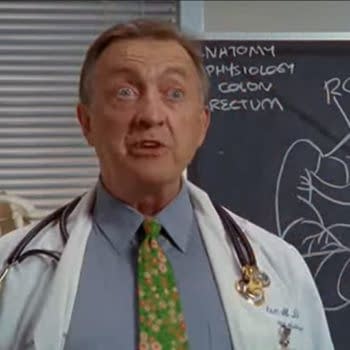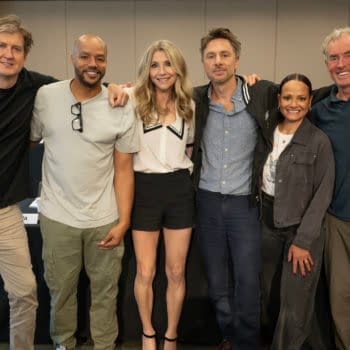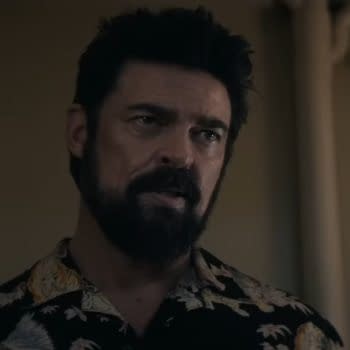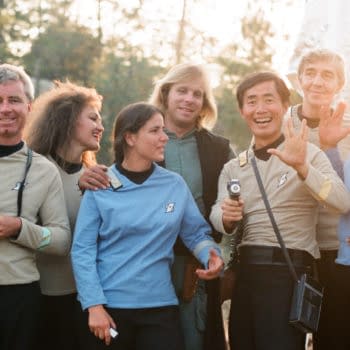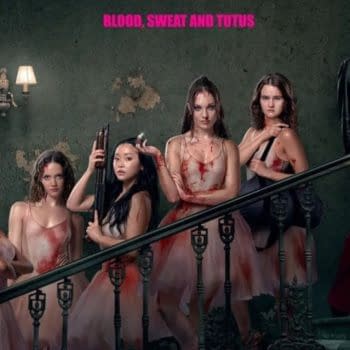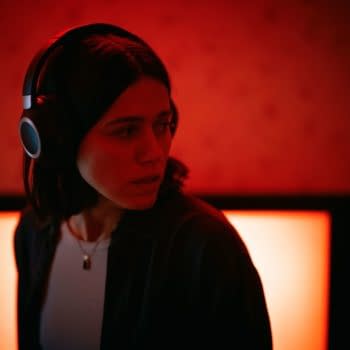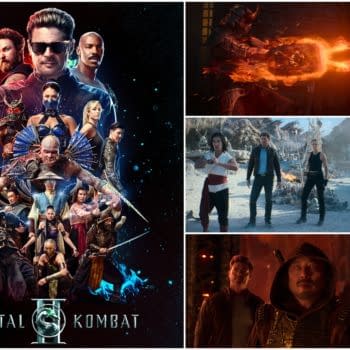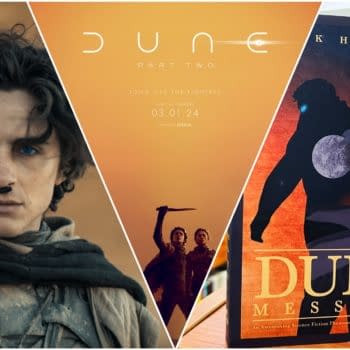Posted in: Documentary, Interview, Movies | Tagged: Nicole Betancourt, The Unfixing
The Unfixing: Director on Healing Herself, Her Family & the Planet
Writer-Director Nicole Betancourt spoke to Bleeding Cool about her latest documentary The Unfixing, a journey of healing & conservation.
Writer-director Nicole Betancourt has been on a long journey to rediscover health at large, not only her own but her family and Earth as a whole. While it's quite an ambitious goal, she chronicles her work in her documentary The Unfixing, which was triggered by a surfing accident. Guided by dreams, nature, and wisdom from others, Betancourt weaves an immersive diary of destruction, trauma, love, and renewal. Having wrapped its run at the Millenium Festival, Batancourt spoke to Bleeding Cool about what inspired her to make the biographical documentary, what she took from her previous experience into the film, infusing hope in a time of uncertainty, navigating through her adversity, and the future.
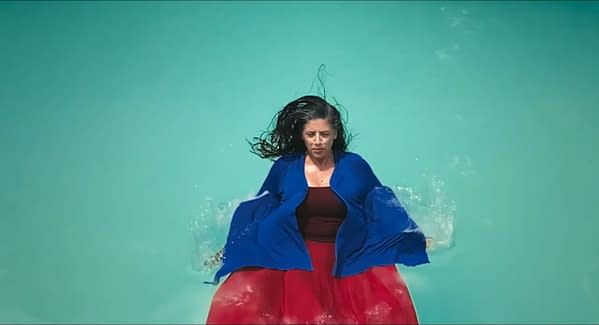
The Unfixing Director on Rewiring Our Brains in Connecting with the Planet
Bleeding Cool: What inspired you to make 'The Unfixing?'
About 10 years ago, I became incredibly ill. I couldn't move. I thought I was dying; doctors couldn't help me. It was terrifying, and sent me on this dreamlike journey as I was in bed, half asleep, half awake for hours at a time. I felt this connection to what was happening on the planet in terms of loss of biodiversity and climate change, and it was heartbreaking, but it also gave me this tether to nature.
I went on this journey, which is the story of the fil. It opened up this incredible life force from nature, and learning from people who deal with nature, so the impetus to make the film was feeling on the one hand, so many people are in despair right now about what's happening to our world. My youngest child in the movie says, "You've given us a broken present. This planet you handed to us, and you're expecting us to fix it." It's the worst thing a mother could hear, right? At the same time, all these people are chronically ill, feeling isolated, trapped, and medicine isn't helping them. The film is a hard offering to those feeling this way.
How did your prior filmmaking experience with 'Before You Go' (1995) shape the making of 'The Unfixing?'
In a way, 'The Unfixing' is a sequel of sorts because it's my second personal essay film. The first film I made was about my father, who died of AIDS in the early '90s. It was a time when there was so much fear and homophobia around AIDS, and I felt I couldn't save him, and all I could do was be a witness. I made the film as an act of frustration, wanting to do and say something, and it came out of me, right?
In a similar way, ['The Unfixing'] is about my isolation and frustration, but trying to find and express something beautiful that comes out of it. 'Before You Go' was on HBO, won an Emmy, and traveled all over the world, and I felt a lot of people who saw it could identify with the characters in the film. They also felt it was a story that wasn't being told. ['The Unfixing'] is also very timely, coming at a time when people are feeling frustrated and scared about the future. How do we live in this liminal space between loss and hope?
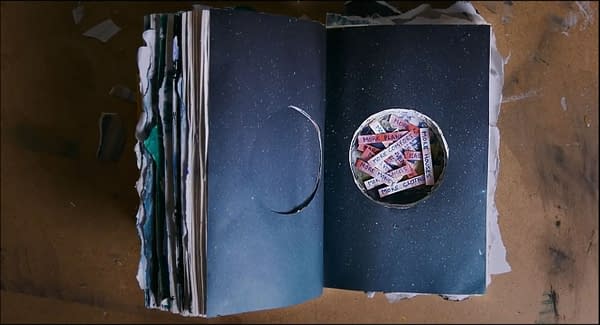
Since we're living in an uncertain time right now politically, I was wondering, does it feel like this uphill battle has become a mountain now with the film, despite how its messages resonate with audiences?
It's easy for people to feel hopeless now, but it doesn't help. When my oldest daughter became extremely ill with chronic Lyme disease and couldn't get out of a wheelchair or go to school, I asked her neurologist, "Is she going to get better?" She told me, "If her mother doesn't believe it, who will?" I feel that way about our relationship with nature and the planet.
It's our duty to believe because if we don't tell that story and connect with what can work and how healing can happen, then who's going to do it? It must be us! It's an act of faith. I mean not religious faith, but more faith, like a belief, like you must believe! That doesn't mean being naive. That doesn't mean saying, "Things aren't falling apart" in so many ways. They are falling apart; it's maddening, infuriating, and sad, but at the same time, it's important for us to pay attention to the ways that healing can happen and to dream of the world we want to create. Those things coexist.
Do you have any recommendations on maybe the smaller things people can start doing?
That's a good question. A lot of films are addressing how "this change has to happen" or "this thing has to be fixed." The film's called 'The Unfixing', because in a way, I'm looking pre-action, pre-doing. How do we change our relationship with nature? We have a very fix-it, top-down, separate, controlling attitude towards our relationship. We call nature "natural resources," for example. It's not just resources; it's also our bodies. It's who we are.
The water in our bodies is connected to the water of the planet. All these things are interrelated; we're not separate. That is a fundamental shift in perspective that seems like, "Oh, sure. We're all one." It's not. It's about that shift in perspective that changes everything you do. For example, "What if we felt enough? What if you felt like you were enough? Would you maybe not need to consume so much stuff?"
These shifts in perspective can change the systems we've created in our world, which influence our behavior and the outcomes. If you say the outcomes are climate change, toxicity in the water, and plastics in the land, then in our brains, you could say, "Well, that was created by our behaviors, which are in many ways influenced and manipulated by the systems that we've created." Those systems we've created were influenced by how we believe the world to be and how we see the world. How we see the world changes everything, and it also changes our bodies, right? Neuroplastically, our thoughts change our bodies.
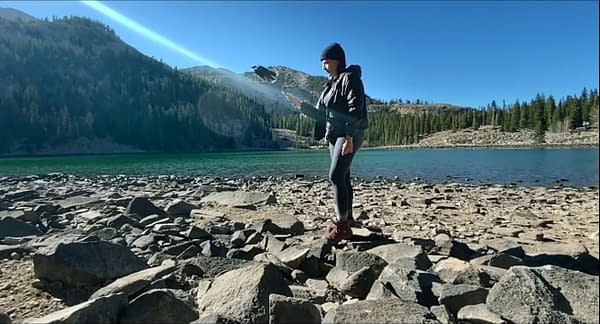
Agreed.
Is that enough of an action step?
Of course! If there was one thing you could isolate about an aspect of the journey you took for this film, what would you say was the most difficult to get through?
I would say the hardest thing is when I started to learn that this is the character's journey in the film, which is me also [laughs]. I began to learn from nature. I started to have beautiful realizations, even when I was still very sick. When my oldest child got sick, it was unbearable. How am I supposed to learn from this? It's one thing to say, "We learn from our challenges in life, but then when it happens to your kid, it seems unbearable as a parent." That was the hardest thing. It felt like, "Wow, it's not just me; it's not just our relationship with the environment and climate change; it's also my child. Like, how am I supposed to move forward?" Somehow, I found the courage to do it, and I continued to learn with my older daughter, Pilar, and it changed my life.
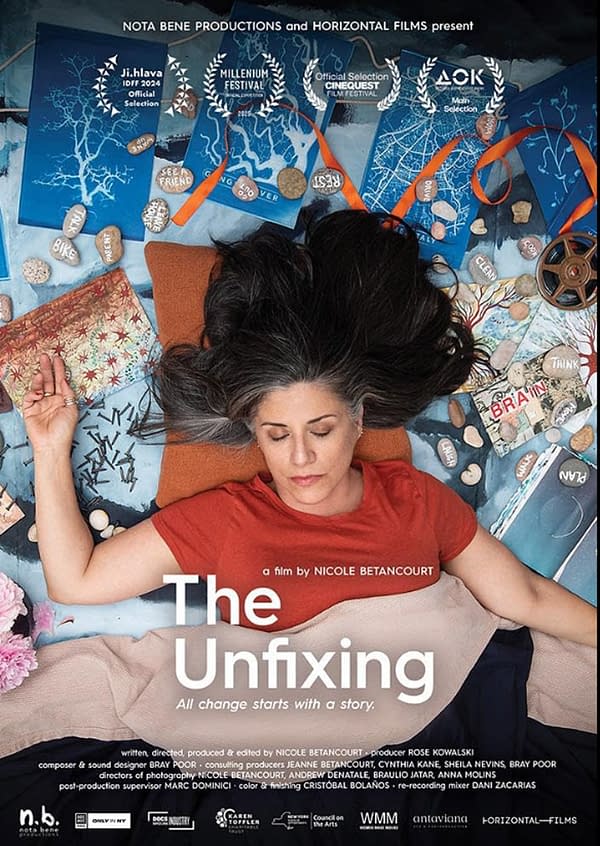
What's next for you?
We will continue the conversation from the film with audiences, and we're starting our festival run, having our U.S. premiere at the Senate Quest Film Festival, which we're very excited about. We're doing community screenings, having conversations and workshops with the film, and engaging with communities in different ways. Part of it is that this is a private experience I had that is now in this movie; I must take it out to the world, which is a challenge in itself, a different kind of challenge, but that's what I'm being called to do now. Yeah. Other films are percolating, but it's too soon to talk.






